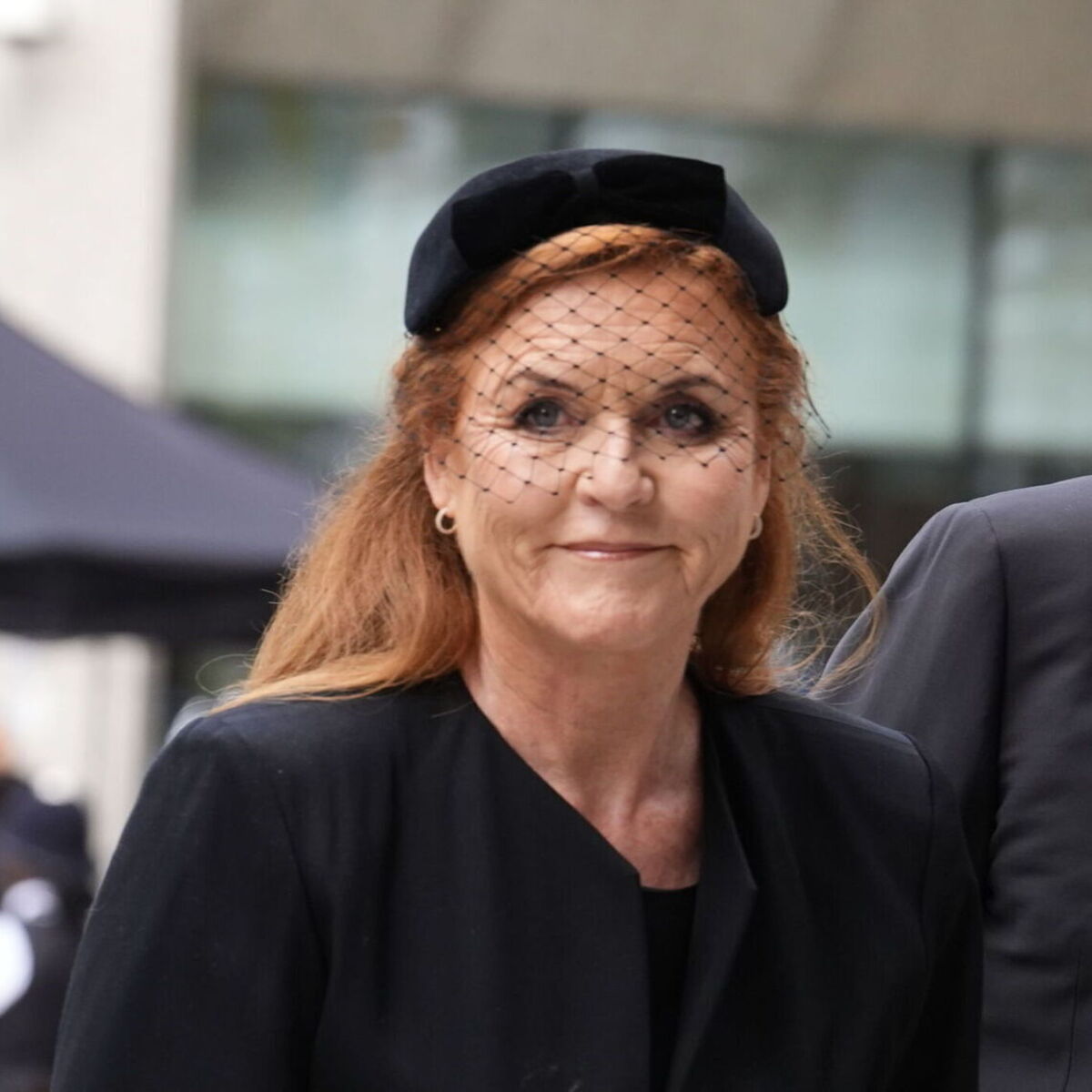By Irishexaminer.com,Terry Prone
Copyright irishexaminer

It was not desperately surprising, then, that, last week, when a renewed stench arose around the name Sarah Ferguson, England’s Duchess of York, seven or more charities which had been happy, even proud, to have her on their nameplate as a patron, found their happiness level sinking like a stone.
Fergie’s Jeffrey Epstein connection
Each of the charities found out in a somewhat public way that the duchess had, more than a decade earlier, been forced to publicly grovel for ever having closely associated with the paedophile Jeffrey Epstein.
She had promised never to have any further contact with him. And yet, just a couple of weeks later, had secretly written to him in terms that make “affectionate” seem like an understatement.
This woman, who, at the time of her outing as an Epstein pal and donation recipient, had already been found out as willing to do pretty much anything for money, owed Epstein because he had helped her with her enormous debts.
You would figure that someone with a titter of wit, either from a legal or a PR firm or lent by ‘The Firm’ (if the British royal family were speaking to her at the time), told her she had to sell Epstein publicly down the river, once he was convicted, in 2011.
That conviction, remember, was for procurement of a child for prostitution purposes.
It was obviously imperative for a royal ex, whose ex-husband was already in a bit of trouble because of his own cosy relationship with the procurer, to create blue water between herself and the guy to whom she and the ex had seemed astonishingly close.
That imperative has to have been strengthened by the fact that this woman earned some of her income flogging books to children. Time to reframe the narrative.
So she did the proper thing. She gave an interview apologising for her “terrible, terrible error of judgement” in associating with him and trousering his cash (not that she so described her actions) and promised she would have “nothing ever to do” with him again. Unequivocal, and if it didn’t go down exactly well, it was about the least that could have been expected of her.
Access for cash scandal
Take the spotlight off Fergie (as she was once affectionately known) and turn it, instead, onto the charities involved with her — and onto their communications advisers. It would seem pretty obvious that no charity should be within sniffing distance of a woman who has already been filmed promising access to her ex for money and who has now been outed as taking money from a convicted paedophile.
She had served as an ambassador to one of those charities for more than six years, whereas she had been a patron for another for just one year.
Charities should have run a mile
Each of those bodies must be — or at least should be — examining their conscience.
The more recent patronage seems to have come about because the duchess has had breast cancer, and suggests that the charity board believed her new commonality with other sufferers outweighed her frankly dodgy past.
That was shallow thinking.
Any non-profit considering a patron needs to damp down their enthusiasm, instead asking “what if” questions. And keep asking those questions until they’re sure the future patron would pass a police vetting process and has a good past pattern.
Reputations are made brick by brick, step by step. If the wall has missing bricks, or some of the past steps were wobbly, you run a mile before you tie your corporate name to the name of a prospective ambassador.
The signs are always there. People don’t suddenly lose their moral marbles. They leak truth down the years.
The fact is that when it comes to a shortage of moral marbles and an unintended capacity to leak the truth about it, Sarah Ferguson doesn’t have much competition.
Sarah Ferguson made a liar of herself
But let’s give credit where credit is due.
When she confessed her mortification over associating with Epstein, she did an energetic confession, concluding, as the best Catholic confessions do, with a “firm purpose of amendment”.
She would never have anything to do with Epstein ever again. Promise. Cross her heart and hope to die.
But then, because her grasp on truth and consistency seems a tad tenuous, within a month, she made a liar out of herself by writing a letter to the guy on whom she had defecated from a great height. She was terribly, terribly sorry for giving that awful interview, she wrote. She did point out, in mitigation, that although she had condemned him, she hadn’t actually used the ‘P’ word to refer to him.
“I know you feel hellaciously let down by me,” she told him in her email, which also described him as a “steadfast generous and supreme friend to me and my family”.
Hellacious? A supreme friend? Even Budgie the Little Helicopter, the eponymous character in her children’s books, would tell her to get a linguistic grip, faced with that kind of guff.
Most of us have friends. Some of us are lucky and have great friends. But “supreme” friends?
Maybe the term is justified if, as as been suggested, Epstein gave her more than a million quid to tide her over.
And, while we’re on the subject of justification, let us refer to Mr Henderson. James Henderson. The disgraced former CEO of Bell Pottinger, the defunct British PR company. James is one of those lads for whom the phrase “with friends like him, you don’t need enemies” was crafted.
As soon as it emerged that she’d crawled back to Epstein, out came James to explain that the latter had phoned him [Henderson] making like Hannibal Lecter (think fava beans) and poor Sarah had been frightened out of her wits. A convicted child abuser in the US who’s being further investigated is unlikely to pose much of a threat to a duchess an ocean away, but she was so frightened, apparently, she wrote begging his forgiveness.
When the “supreme friend” letter went public, seven charities for which she was a patron left scorch marks on the carpet in their haste to get away from her. They cut their ties, washed their hands, and and cast her into the outer darkness where live people no charity could afford to have as their ambassador.
The key question is why seven organisations subject to regulation, supposedly committed to proper governance, whose reputation is central to their business, would ever have picked such a serial dud in the first place?



